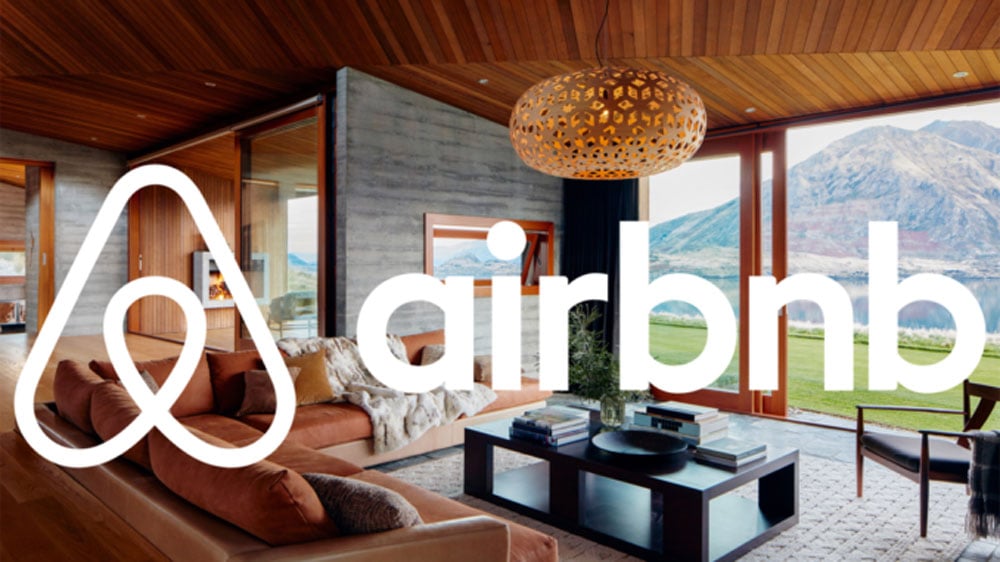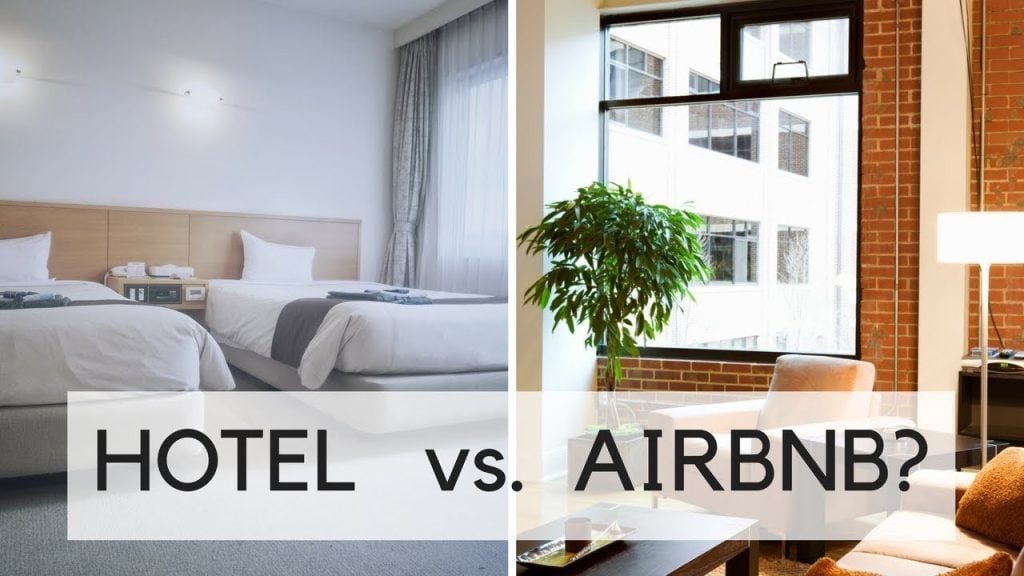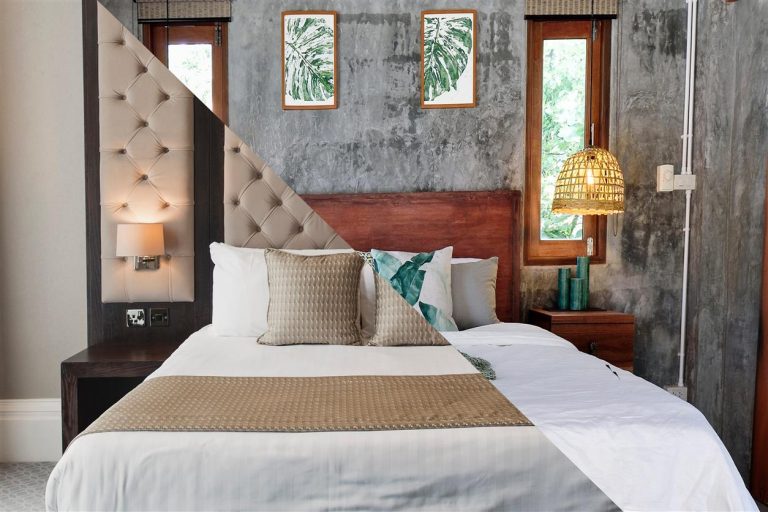When planning a trip, one of the most crucial decisions you’ll make is where to stay. With the rise of the sharing economy, travelers now have more options than ever before. Two popular choices that often come to mind are Airbnb and traditional hotels. Both offer unique experiences, but which one is the right fit for your travel adventure? In this blog post, we’ll explore the pros and cons of each to help you make an informed decision.
Airbnb: A Home Away from Home

Airbnb has revolutionized the way people travel by offering a wide array of accommodations, from cozy apartments to luxurious villas. Here are some reasons why Airbnb might be the perfect choice for your next trip:
a) Authentic Local Experiences: By staying in an Airbnb, you can immerse yourself in the local culture and gain insights into the destination that you might not find in a hotel. Hosts often provide valuable recommendations for off-the-beaten-path attractions, restaurants, and hidden gems.
b) Personalized Amenities: Airbnb listings often come with unique amenities that can enhance your stay, such as fully equipped kitchens, private pools, or stunning views. These personalized touches can create a memorable experience tailored to your preferences.
c) Cost-Effective for Longer Stays: If you’re planning an extended trip, Airbnb can be a more budget-friendly option. Many hosts offer discounted rates for weekly or monthly stays, allowing you to save money without compromising on comfort or convenience.
Hotels: Comfort, Convenience, and Services

Hotels have long been a staple of the travel industry, and for good reason. Here are some advantages of choosing a hotel for your accommodation needs:
a) Consistent Standards: Hotels are renowned for their reliability and consistency in service quality. With various chains and brands around the world, you can often expect a certain level of comfort, cleanliness, and professionalism, making it easier to plan your trip with peace of mind.
b) On-Site Facilities and Services: Hotels often offer a wide range of amenities, such as fitness centers, spas, restaurants, and concierge services. These conveniences can add an extra layer of comfort and relaxation to your stay, particularly if you prefer having everything you need in one place.
c) Safety and Security: Hotels typically have strict security measures in place, including surveillance systems, secure entrances, and 24/7 staff presence. If safety is a top concern for you, hotels offer a sense of security that can be reassuring, especially when traveling to unfamiliar destinations.
Factors to Consider When Choosing

a) Budget: Determine your budget and compare the prices of Airbnb listings and hotels in your desired location. Consider any additional costs, such as cleaning fees, taxes, or resort fees, to make an accurate cost comparison.
b) Travel Purpose: Consider the purpose of your trip. If you’re seeking a more local experience and wish to interact with hosts or fellow travelers, Airbnb might be the better option. On the other hand, if you’re looking for a seamless and convenient stay with ample amenities, hotels could be your best bet.
c) Group Size and Special Needs: The size of your travel party and any specific needs or preferences should influence your decision. Airbnb can be ideal for larger groups, offering multiple rooms and communal spaces, while hotels may be better equipped to handle special requirements such as accessibility or childcare services.

Ultimately, whether you choose Airbnb or a hotel, the decision depends on your personal preferences, travel goals, and budget. Airbnb offers a unique opportunity to connect with locals and experience a destination through their eyes, while hotels provide consistent standards, convenience, and a wide range of services. By considering factors like cost, amenities, and the nature of your trip, you can make an informed choice that suits your needs.

